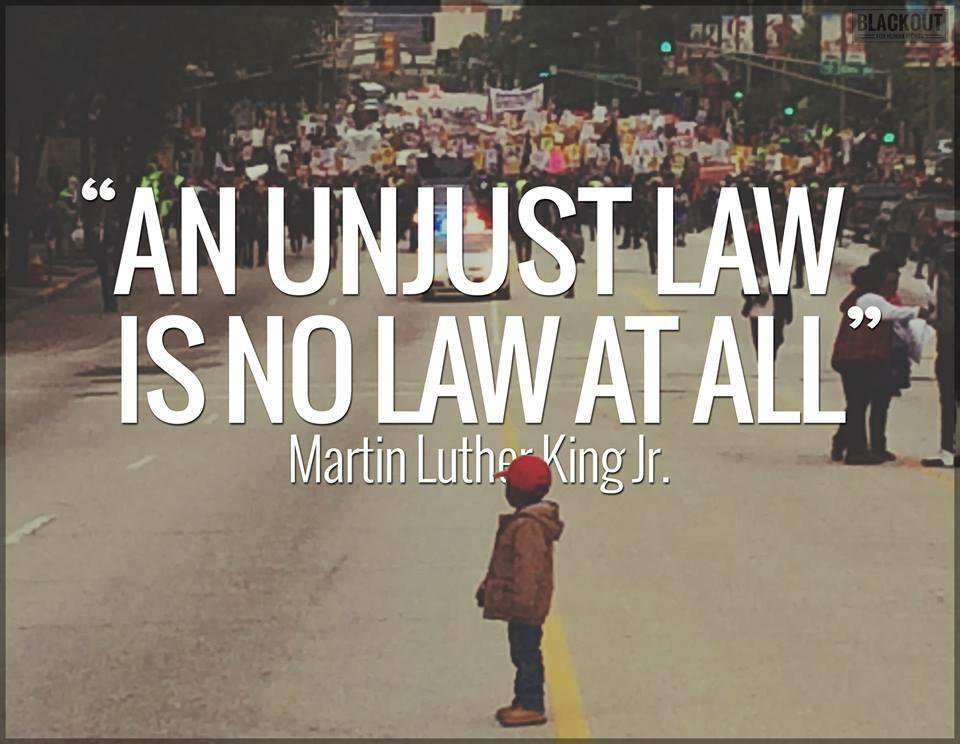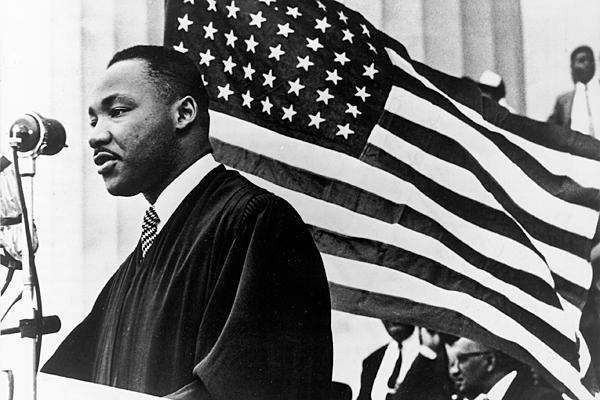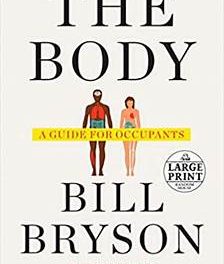The Tennessee Historical Commission last Friday denied City of Memphis’ request to remove Confederate memorials honoring a racist past from its parks (while allowing it to seek a legal order that could bypass the commission). As a result, it seems an appropriate time to revisit the words of St. Augustine as interpreted powerfully by Dr. Martin Luther King Jr. in his immortal Letter From Birmingham Jail: “An unjust law is no law at all.”
It’s hard to imagine that every member of the Historical Commission has read Dr. King’s April 16, 1963, letter, one of the great moral documents in American history. Certainly, a majority does not seem as familiar with it as they are with the Lost Cause myths of the Confederacy and the historical revisionism of neo-Confederates and the underlying racism that underlies it.
The Commission members should read the entire letter but in light of the City of Memphis continued pursuit of a just decision allowing it to move the grave and statue of Nathan Bedford Forrest and the bust of Jefferson Davis from prominent city-owned parks, we call their attention to the following extremely relevant excerpts. As Dr. King wrote in his letter, “We should never forget that everything Adolf Hitler did in Germany was ‘legal.'” We hear the same “legal” argument advanced today by Historical Commission backers of the state law overreaching into local decision-making and denying Memphians their right of self-determination.
While Dr. King’s words are relevant enough, the context speaks directly to where we are today with the Confederate monuments in Memphis. While locked in jail and treated harshly, he wrote his letter to eight white ministers who called for him to go through the courts to obtain his rights rather than engage in nonviolent protests.
The Moral Right To Ignore Unjust Laws
Here is Dr. King’s immortal call for justice (italics are ours):
“One may well ask: ‘How can you advocate breaking some laws and obeying others?’ The answer lies in the fact that there are two types of laws: just and unjust. I would be the first to advocate obeying just laws. One has not only a legal but a moral responsibility to obey just laws. Conversely, one has a moral responsibility to disobey unjust laws. I would agree with St. Augustine that ‘an unjust law is no law at all.’
“Now, what is the difference between the two? How does one determine whether a law is just or unjust? A just law is a manmade code that squares with the moral law or the law of God. An unjust law is a code that is out of harmony with the moral law. To put it in the terms of St. Thomas Aquinas: An unjust law is a human law that is not rooted in eternal law and natural law. Any law that uplifts human personality is just. Any law that degrades human personality is unjust.
“If the inexpressible cruelties of slavery could not stop us, the opposition, we now face will surely fail. We will win our freedom because the sacred heritage of our nation and the eternal will of God are embodied in our echoing demands.
“More and more I feel that the people of ill will have used time much more effectively than have the people of good will. We will have to repent in this generation not merely for the hateful words and actions of the bad people but for the appalling silence of the good people. Human progress never rolls in on wheels of inevitability; it comes through the tireless efforts of men willing to be co-workers with God, and without this hard work, time itself becomes an ally of the forces of social stagnation. We must use time creatively, in the knowledge that the time is always ripe to do right.”






